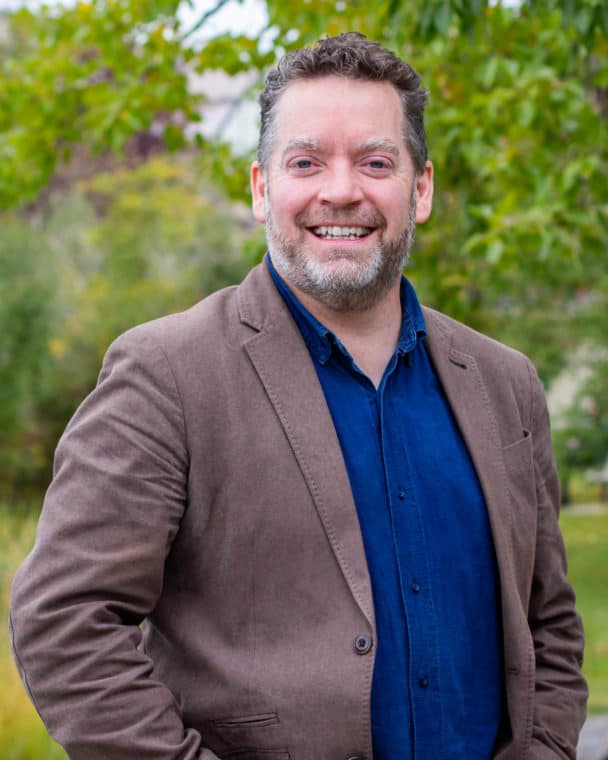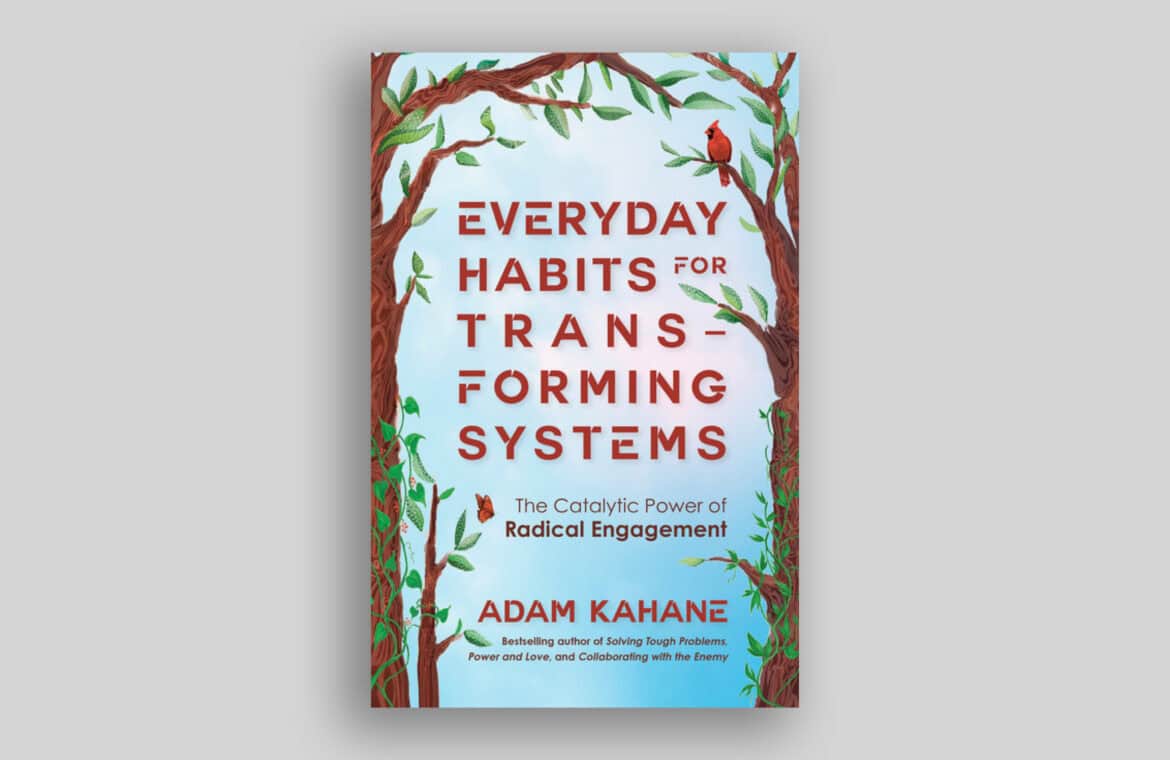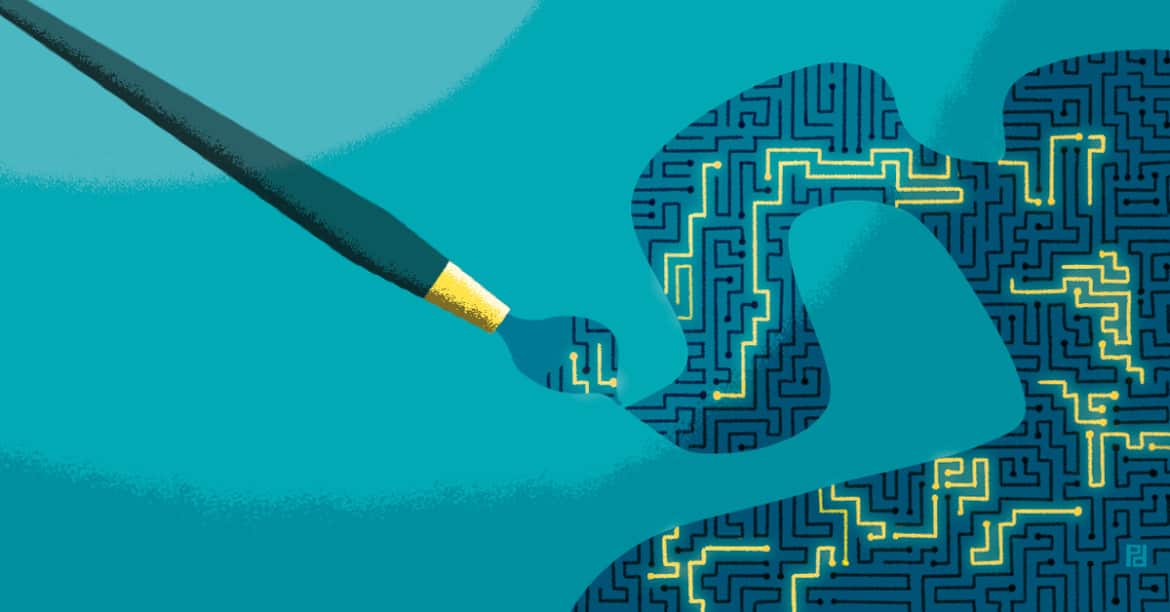James Stauch
James Stauch has spent two decades in the philanthropic sector and is director of the Institute for Community Prosperity at Mount Royal University, where he has played a key role in the development of programs for both undergraduates and the broader community in social innovation, leadership, and systems-focused learning. Stauch views philanthropy as a concept that entails honouring one’s word, reciprocal relations, stewardship, justice, inclusion, provocation, wonder, and love, a view largely established through his work in small Indigenous communities. That view is in sharp contrast to the perception he had growing up, where the word “philanthropy” evoked a tea-swilling patrician, cutting ribbons or presenting oversized cheques, and he hopes to find new ways to engage and educate Canadians on the sector’s true role. His vision for The Philanthropist is that it will grow from a trade journal, of interest to practitioners, to a resource for everyday Canadians, including influencers and decision-makers. He believes a strong economy can exist only through the creation of a strong society and sees this current moment as an opportunity for radical rebalancing. He has chaired or helped found a number of membership-based philanthropic foundation networks, including the Arctic Funders Collaborative, International Funders for Indigenous Peoples, The Circle on Philanthropy and Aboriginal Peoples in Canada, and the Canadian Environmental Grantmakers’ Network.
James Stauch a passé deux décennies dans le secteur philanthropique et est directeur de l’Institute for Community Prosperity à l’Université Mount Royal, où il a joué un rôle clé dans le développement de programmes pour les étudiants de premier cycle et la communauté au sens large en matière d’innovation sociale, de leadership et d’apprentissage axé sur les systèmes. M. Stauch considère la philanthropie comme un con- Stauch considère la philanthropie comme un concept qui implique le respect de la parole donnée, les relations réciproques, l’intendance, la justice, l’inclusion, la provocation, l’émerveillement et l’amour; une vision largement établie par son travail dans les petites communautés autochtones. Ce point de vue contraste fortement avec la perception qu’il avait lorsqu’il était enfant, où le mot « philanthropie » évoquait un patricien buveur de thé, coupant des rubans ou présentant des chèques surdimensionnés. Il espère ainsi trouver de nouvelles façons de mobiliser et d’éduquer les Canadiens sur le véritable rôle du secteur. Sa vision pour le magazine The Philanthropist est la suivante : passer d’un magazine spécialisé, intéressant les praticiens, à une ressource pour les Canadiens ordinaires, y compris les personnes d’influence et les décideurs. M. Stauch estime qu’une économie forte ne peut exister que par la création d’une société forte, et il voit dans la période actuelle une occasion de rééquilibrage radical. Il a présidé ou aidé à fonder un certain nombre de réseaux de fondations philanthropiques composés de membres, notamment l’Arctique Funders Collaborative, l’International Funders for Indigenous Peoples, The Circle on Philanthropy and Aboriginal Peoples in Canada et le Réseau canadien des subventionneurs en environnement.



